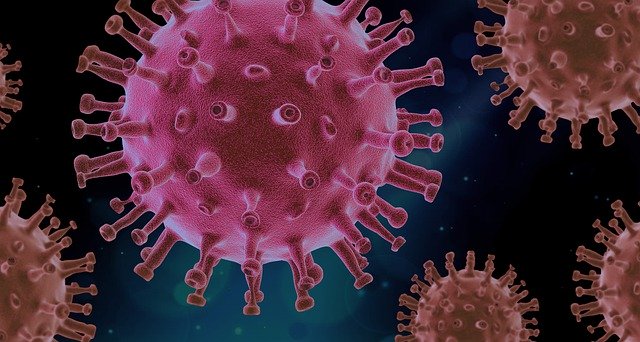COVID-19 pandemic brought a lot of interest to broad spectrum antiviral drugs, since the drug effective against some other viruses can sometimes be effective against the particular coronavirus. These drugs usually include ones that are focusing on virus targets, since those are usually more consistent than the viruses themselves. The new study by Israel researchers attempted to determine if the glycosphingolipid synthesis can become a target for such antiviral drugs.
Virus's survival fully depends on cellular mechanisms of their host cells, so their main goal is to get through the membrane inside the cell, which is why the dynamics of the membrane components play a big role in preventing the virus infiltration. Glycosphingolipids are a subtype of glycolipids presented in cell membranes, who are responsible for lateral and vertical segregation of receptors required for attachment, membrane fusion and endocytosis, as well as in intracellular replication, assembly and release of viruses. It is proven, that their level increases in case of the infection.
Researchers studied the antiviral effect of 2 specific GCS (glucosylceramide - an enzyme, responsible for sphingolipid production) inhibitor. The tested drugs were Genz-123346, an analogue of the FDA-approved drug eliglustat (Cerdelga®) and GENZ-667161, an analogue of venglustat which is currently under clinical trials for the LSDs, Gaucher’s disease, Fabry disease, and Tay-Sachs disease, and is in a Phase 3 pivotal trial for autosomal-dominant polycystic kidney disease.
It was found that both drugs block the replication of 4 membrane viruses with different infiltration mechanisms and different target organs. This group of viruses included SARS-CoV-2, as well as adapted influenza virus A, Sindbis virus and West Nile virus.
Results of the research showcase the membrane components inhibitors' effectiveness as broad spectrum antiviral drugs, although their mechanism is still not fully known. The drugs are still needed to go through the clinical trials, but their analogues, that are already approved, can be used in SARS-CoV-2 treatment and they can also improve the effectiveness of drugs that target the viral proteins.
